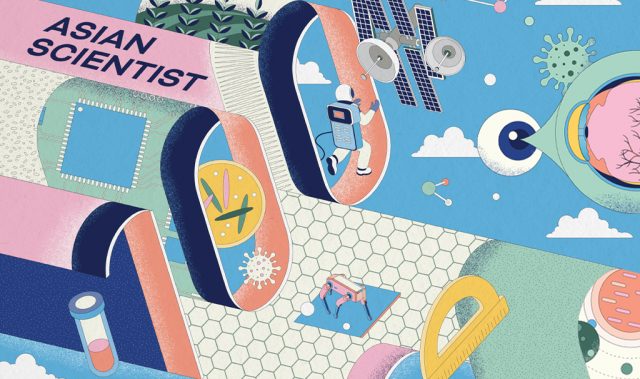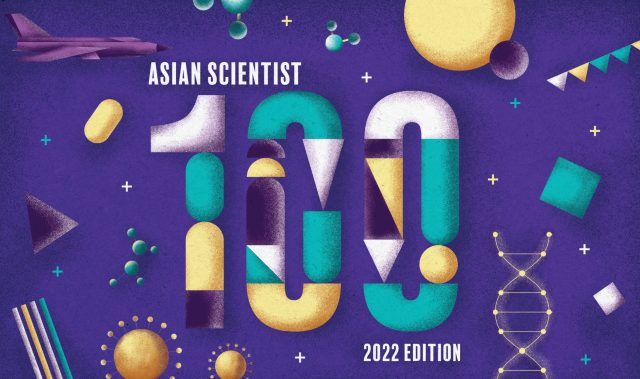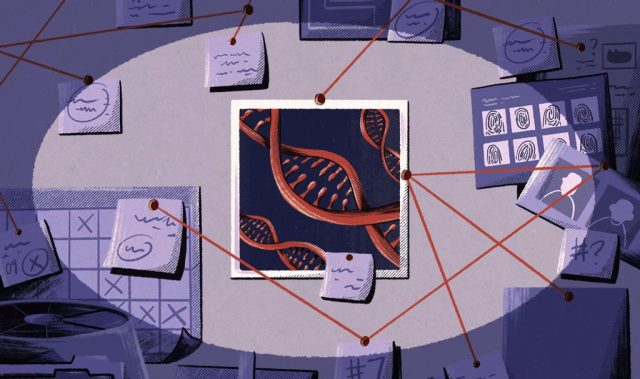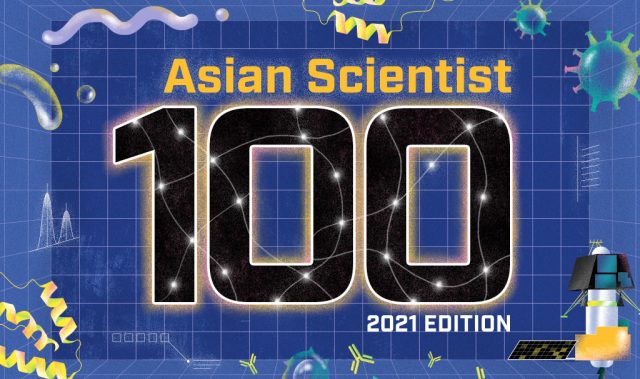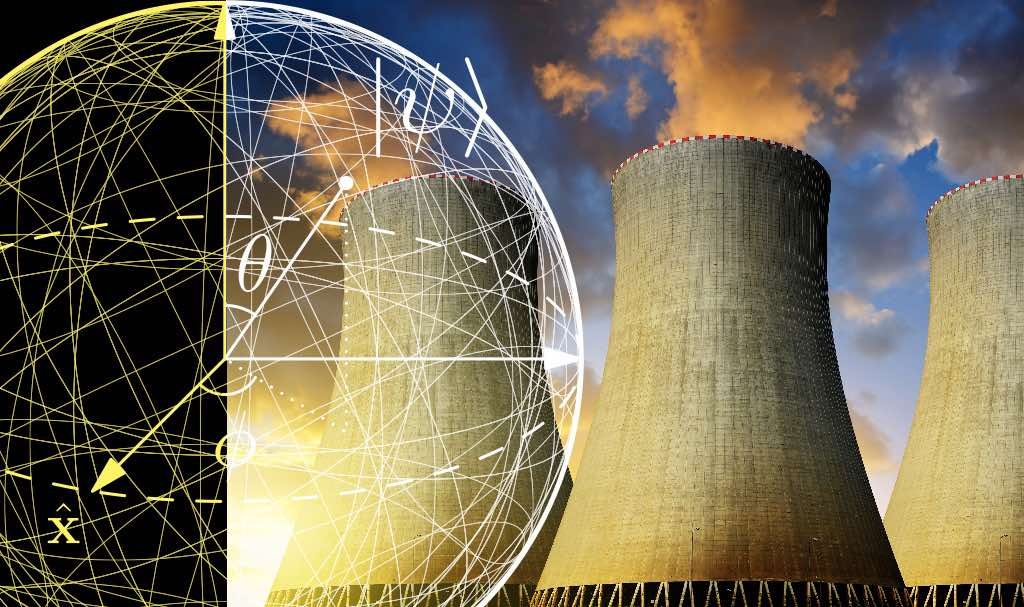
AsianScientist (Sep. 28, 2021) – Beyond research labs, the promising potential of quantum tech has already turned heads in industry. As multibillion dollar investments pour in from governments and companies such as IBM and Alibaba, Asia’s quantum sector is brandishing sleek new ways to solve pressing issues, from chronic disease management to air pollution.
Protecting power plants
Data protection isn’t just important for keeping our bank accounts and medical records safe from hacking attacks. Even power plants need top-notch security.
In South Korea, quantum cryptography is being used to protect the nuclear power plants of the state-run Korea Hydro & Nuclear Power. By generating patternless passwords, the plant’s networks become near-impossible to breach, preventing outsiders from taking over the controls.
This data security solution comes from mobile carrier SK Telecom (SKT), who first developed it to safeguard its emerging 5G services. Beyond promising high-speed wireless data transfer, quantum-safe 5G networks are a significant development to keeping sensitive information under wraps.
SKT’s method of data encryption via QKD could also set the stage for smart and secure cities, keeping all sorts of critical tech infrastructure protected from unauthorized access.
More tasks, faster services
To maximize our productivity, we might schedule tasks according to specific time frames, taking into account the urgency and difficulty of each activity. This practice, called load scheduling, comes in handy for enhancing the operations of Internet of Things (IoT) systems, leading to improved service delivery.
Researchers from India have developed a quantum computing-inspired neural network model for optimizing the load scheduling of IoT applications. With IoT technologies popping up across industries, meeting the heightened demand for service delivery relies upon effective task allocation. Otherwise, the system may be overwhelmed by all the computing tasks it has to perform, resulting in delays or worse, malfunctioning components.
Composed of scientists from Lovely Professional University, Guru Nanak Dev University and Amritsar College of Engineering and Technology, the team’s quantum computing-based algorithm engages in more proactive decision-making, allocating enough resources to each task in real-time.
Beyond maximizing performance, this approach also minimizes power consumption and reduces the risk of technical failure. In highly optimized environments, IoT applications are set to scale up and carry out more complex operations, ultimately elevating the capabilities of various industrial sectors.
Capturing stress at a cellular level
The future of medical diagnosis may lie in a simple blood test, infused with novel quantum dots—highly stable, tiny crystals that emit light and have electrical properties—for labeling cells and detecting oxidative stress. Our organs accumulate high levels of oxidative stress when the body is unable to get rid of reactive oxygen species, which are harmful molecules that can damage cell function and lead to severe inflammation.
To observe oxidative stress at the cellular level, a highly sensitive sensor with a quantum dot core was developed by an international team including Japan’s National Institutes for Quantum and Radiological Science and Technology.
When the quantum sensor enters living cells, it detects high oxidative stress and sends out magnetic signals. Using MRI, these signals are processed to visualize the sites of damage, allowing the accurate diagnosis of chronic diseases like cancer and neurodegeneration in their earlier stages.
While the sensors need further development before they can make it to the clinic, this initial milestone is already a significant step towards enhancing early detection and promoting preventive interventions before it’s too late.




